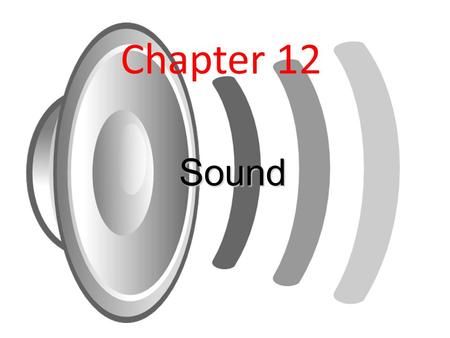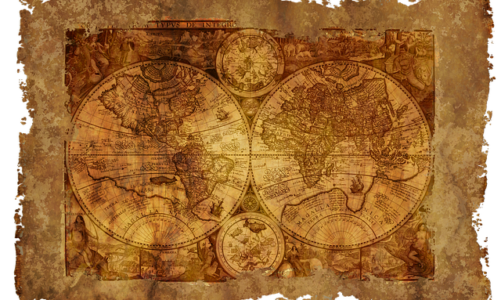Introduction
The history of sound-Sound is an essential part of the human experience. It allows us to communicate with each other, to enjoy music and other forms of entertainment, and to learn about the world around us. But how did we come to understand and manipulate sound? This article explores the history of sound, from ancient times to the digital age.
Ancient Times
The earliest humans were aware of sound, but they had no scientific understanding of it. They believed that sound was a magical force that could be used to communicate with spirits or to heal the sick.
The Middle Ages
In the Middle Ages, scientists began to study sound more seriously. They made important discoveries about the nature of sound waves and how they travel. They also developed new instruments for making and recording sound.
The Renaissance
The Renaissance saw a flowering of interest in music and sound. Composers such as Palestrina and Monteverdi developed new musical forms, and instruments such as the violin and the harpsichord became popular.
The Enlightenment
In the Enlightenment, scientists made further progress in their understanding of sound. They developed new theories of sound propagation and developed new instruments for measuring sound.
The 19th Century
The 19th century was a time of great innovation in the field of sound recording. Thomas Edison invented the phonograph in 1877, and Emile Berliner invented the gramophone in 1888. These inventions made it possible to record and reproduce sound for the first time.
The 20th Century
The 20th century saw the development of new technologies that revolutionized the way we record and listen to sound. The invention of the radio in 1906 made it possible to broadcast sound over long distances. The invention of the transistor in 1947 made it possible to create smaller and more portable electronic devices. And the invention of the digital audio tape in the 1970s made it possible to record and edit sound with unprecedented precision.
The Digital Age
In the digital age, sound has become increasingly ubiquitous. We are surrounded by sound, from the music in our headphones to the voices on our smartphones. And we have more ways to control sound than ever before.
The Future of Sound
The future of sound is bright. New technologies are being developed that will allow us to record, manipulate, and listen to sound in ways that were never before possible.
Conclusion
The history of sound is a long and fascinating one. It is a story of human ingenuity and creativity. And it is a story that is still being written today.




